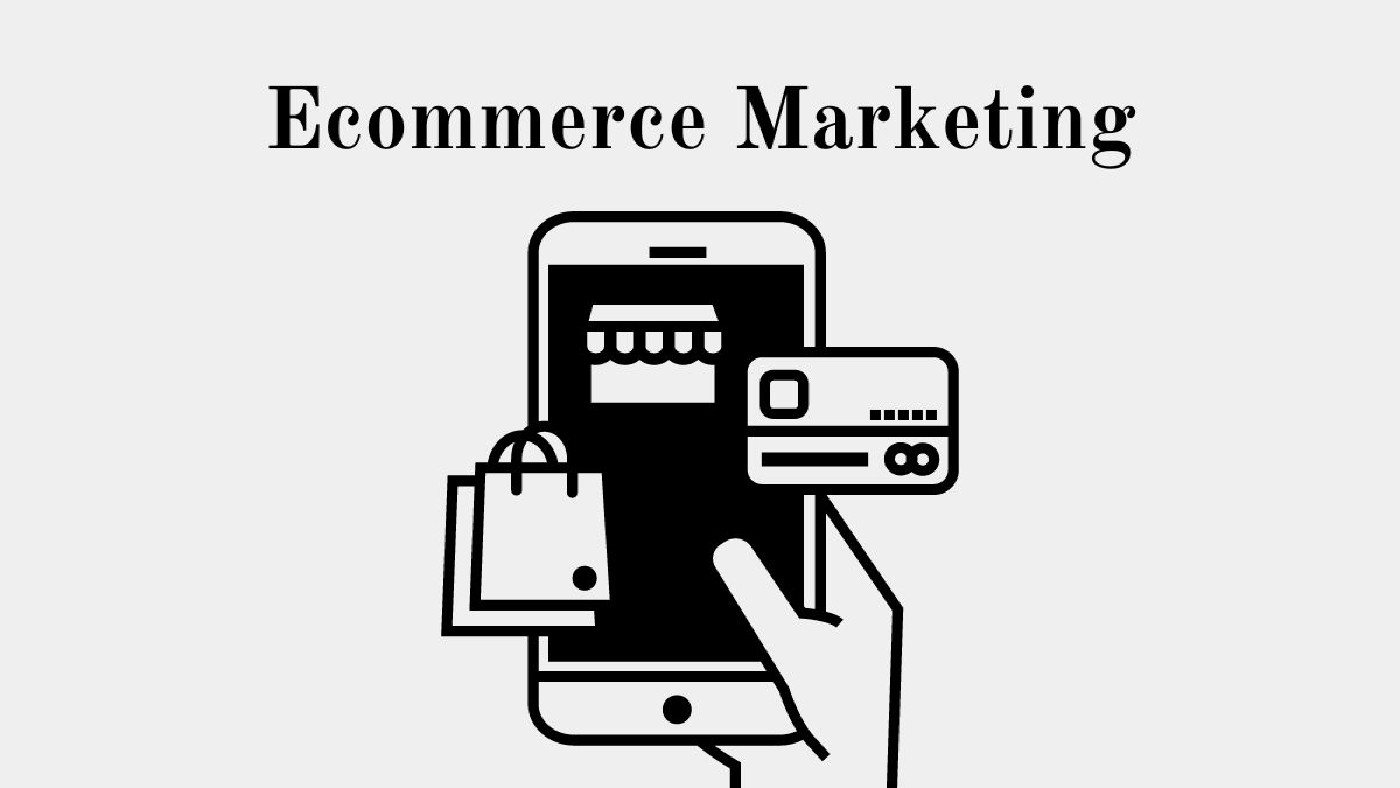10 Ecommerce Marketing Tips
When it comes to the e-commerce industry, effective marketing strategies can make the difference between thriving and merely surviving. As an expert investor in e-commerce ventures, I’ve observed firsthand the strategies that drive success in this dynamic industry.
Ecommerce Marketing Tips
E-commerce has grown exponentially, with global sales expected to surpass $6.38 trillion by 2024, showcasing its vast potential and the fierce competition within the market. To stand out, e-commerce businesses must adopt smart and data-driven marketing strategies. Let’s explore some of the most impactful e-commerce marketing strategies that can propel your business forward.
1. Conduct a E-commerce SWOT Analysis
First things first, before setting up your online store , analyze the market by conducting an Ecommerce SWOT Analysis. This analysis identifies Strengths, Weaknesses, Opportunities, and Threats. Understanding these aspects provides a clear picture of the business environment. It helps in strategic planning and decision-making.
Social proof is a psychological phenomenon where people rely on the actions and opinions of others to make decisions. Leveraging social proof in your e-commerce strategy can significantly boost trust and credibility.
Display genuine customer reviews and testimonials prominently on your product pages. Positive feedback from satisfied customers reassures potential buyers about the quality of your products. Also, encourage customers to share their experiences with your products on social media. Repost this user-generated content on your own channels to build a community around your brand.
2. Optimize for Mobile Commerce
With mobile commerce accounting for a substantial portion of online sales, optimizing your e-commerce site for mobile devices is non-negotiable. Hence, its essential to ensure your website is responsive and provides a seamless shopping experience across all devices. Test your site on various screen sizes to guarantee usability. Offer multiple mobile-friendly payment options, such as Apple Pay, Google Wallet, and PayPal, to streamline the checkout process.
3. Leverage Data Analytics for Insights
Data analytics provide invaluable insights into customer behavior, campaign performance, and overall business health. Use data analytics to segment your customers based on purchasing behavior, demographics, and preferences. Tailor your marketing efforts to each segment for higher relevance and engagement. Implement predictive analytics to anticipate trends and customer needs. This proactive approach helps you stay ahead of the competition and meet customer expectations effectively.
4. Enhance User Experience
A seamless user experience is crucial for retaining customers and driving conversions. Design your website with intuitive navigation to help customers find products easily. Use clear categories, filters, and search functionality. On top of that personalize the shopping experience by showing relevant product recommendations and content based on individual user behavior.
5. Invest in Video Marketing
Video content is highly engaging and can effectively showcase your products and brand story. Create product demonstration videos that highlight features, benefits, and usage. These videos help customers make informed purchasing decisions. Use live streaming on platforms like Facebook and Instagram to launch new products, host Q&A sessions, and engage with your audience in real-time.
6. Focus on Local SEO
SEO remains a cornerstone of successful ecommerce marketing. Optimizing your website for search engines not only increases organic traffic but also enhances brand visibility. Statistics reveal that 53.3% of all website traffic comes from organic search, underscoring the importance of SEO in driving ecommerce growth.
Local SEO helps you attract customers in your geographical area, especially if you have a physical store or offer local services.
- Google My Business: Optimize your Google My Business profile with accurate information, high-quality images, and customer reviews. This improves your visibility in local search results.
- Local Keywords: Include local keywords in your content and meta tags. Mention your city, neighborhood, and other relevant local terms to attract nearby customers.
7. Optimize for Voice Search
With the rise of smart speakers and voice assistants, optimizing for voice search is becoming increasingly important. Therefore, incorporating natural language keywords and phrases that people use in voice searches will help. Focus on question-based queries and conversational language. Aim to appear in featured snippets, as these are often read out by voice assistants. Provide concise, informative answers to common questions in your content.
8. Conduct Webinars and Workshops
Educational content positions your brand as an authority and builds trust with your audience. Host webinars on topics related to your products or industry. Provide valuable insights and answer audience questions to establish credibility. In addition, offer workshops and tutorials that teach customers how to use your products effectively. This enhances customer satisfaction and encourages repeat purchases.
9. Utilize Social Commerce
Social commerce integrates shopping directly within social media platforms, streamlining the purchase process. Use shoppable posts on platforms like Instagram and Facebook to allow customers to buy products without leaving the app. Tag products in your posts to make them easily accessible. Set up a storefront on social media platforms. Ensure that your product listings are up-to-date and visually appealing. Hence, gain a social media presence .
10. Encourage Customer Feedback
Customer feedback provides insights for improvement and demonstrates that you value your customers' opinions.
- Surveys and Polls: Conduct surveys and polls to gather customer feedback on products, services, and overall experience. Use this data to make informed decisions and improvements.
- Review Incentives: Encourage customers to leave reviews by offering incentives such as discounts or loyalty points. Address negative reviews promptly and professionally to show commitment to customer satisfaction.
11. Select Successful E-commerce Platforms
To succeed online, businesses must select successful ecommerce platforms . These platforms offer various features to enhance user experience and support growth. Selecting the right one involves comparing functionalities and pricing. The platform should meet the business’s specific needs and future goals.
All in All
Increasing the success of your online store requires effective marketing strategies. The most profitable online stores employ various tactics to attract and retain customers. Start by optimizing your website for search engines to increase visibility. Use social media platforms to engage with your audience and promote your products. Email marketing is essential for reaching out to potential and existing customers with personalized offers. Implement a loyalty program to reward repeat customers. Utilize high-quality images and detailed product descriptions to enhance the shopping experience. Offer promotions and discounts to encourage purchases. Regularly analyze your marketing efforts to identify what works best and refine your strategies accordingly.
Releted Posts
How Much Do Uber Drivers Make
Uber has ignited a revolution in the gig economy, empowering countless individuals with the promise of flexibility and a reliable income. This platform provides drivers with ample opportunities to work on their own terms.
Read moreHow to Deliver for Instacart
People are increasingly choosing to deliver for Instacart not just for economic or personal reasons but for the flexibility, autonomy, and convenience it offers. Unlike traditional jobs with fixed hours, Instacart allows individuals to create their own schedules, making it easier to balance responsibilities like caregiving, education, or side projects.
Read moreBest Matched Betting Sites
Matched betting has gained significant traction as a popular method for turning bookmaker promotions into profit. By leveraging offers like deposit matches, free bets, and odds boosts, bettors can achieve consistent gains without the usual risks associated with gambling.
Read more


